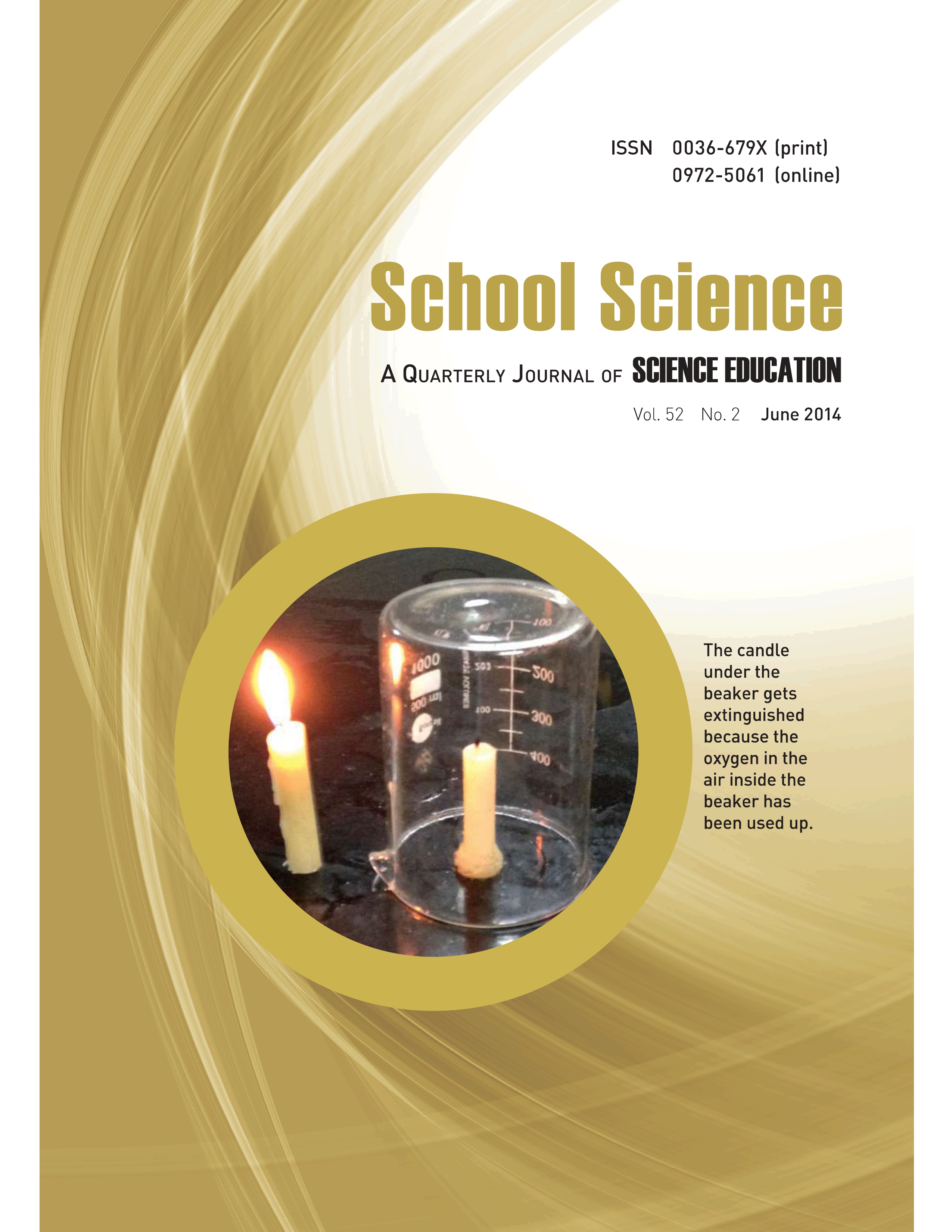CHEM-RIDDLING: EFFECTIVE PEDAGOGY FOR TEACHING CHEMISTRY AT THE SENIOR SECONDARY AND UNDERGRADUATE LEVEL

Published 2014-06-30
Keywords
- Constructivism,
- Riddling
How to Cite
Abstract
Teaching general chemistry is considered as a dull and boring activity especially in a classroom wherein students lack passion for the subject. In chemistry, there are several facts in the form of reactions, properties, preparation, uses, etc., which make it difficult for the student to grasp and assimilate the right perspective, resulting in monotony in teaching-learning. Under these circumstances, attracting the attention of the students and engaging their minds need innovative teaching methods. The author has been experimenting since last five years on teaching chemistry through riddles based on chemical principles and facts at senior secondary level. Riddling is a constructivist pedagogical tool. It reveals that learning can take place only when the learner relates the new information to his/her already existing knowledge, and perceives learning as a product of self-organisation and reorganisation of existing ideas. The author is hopeful that this method may interest chemistry teachers in schools and colleges and they may adopt it in their teaching programmes. Nine exemplar riddles that are discussed below are the part of several years of practice.
